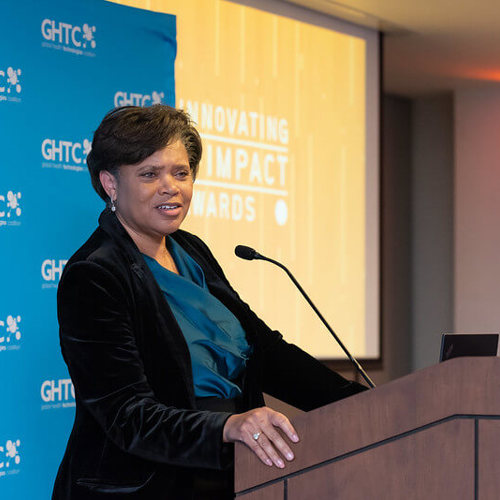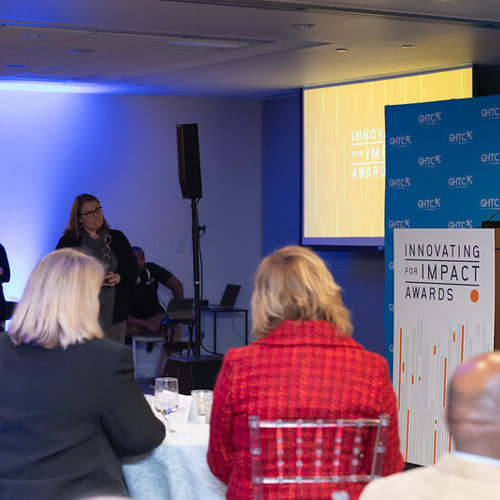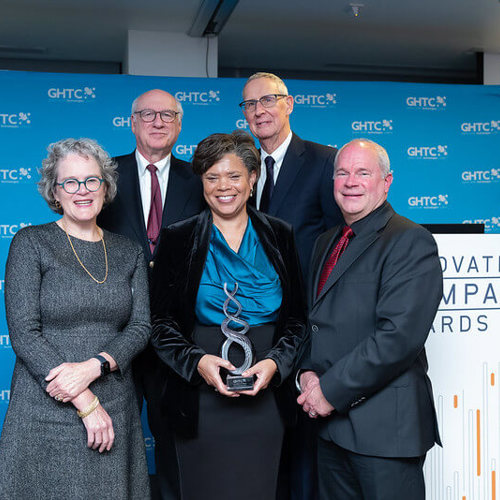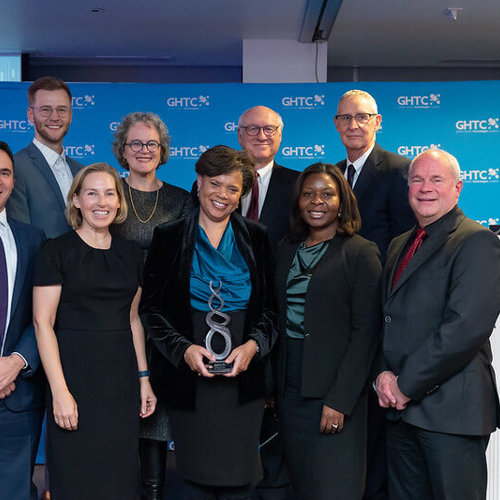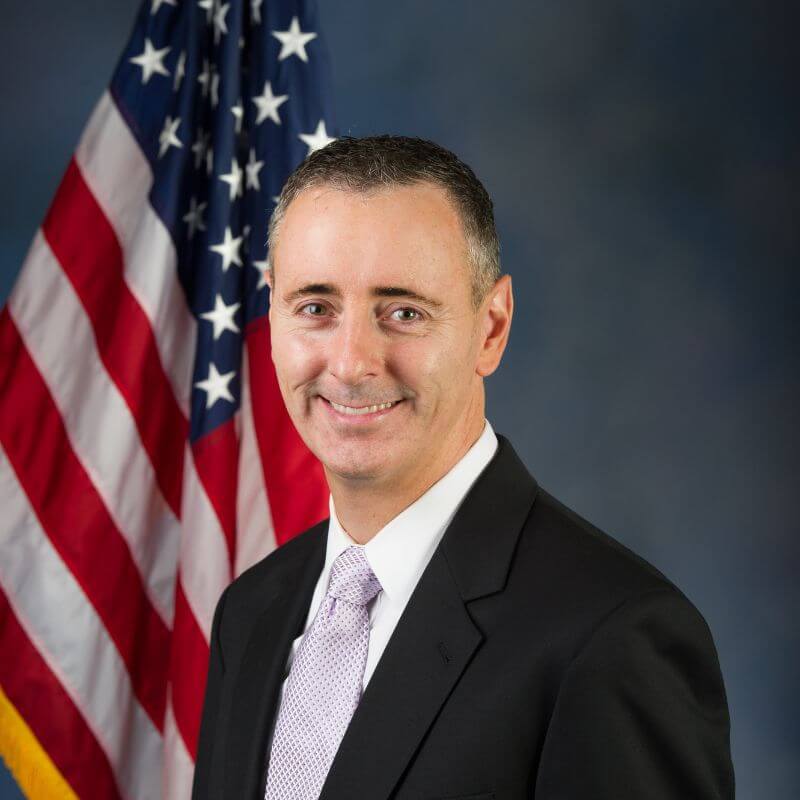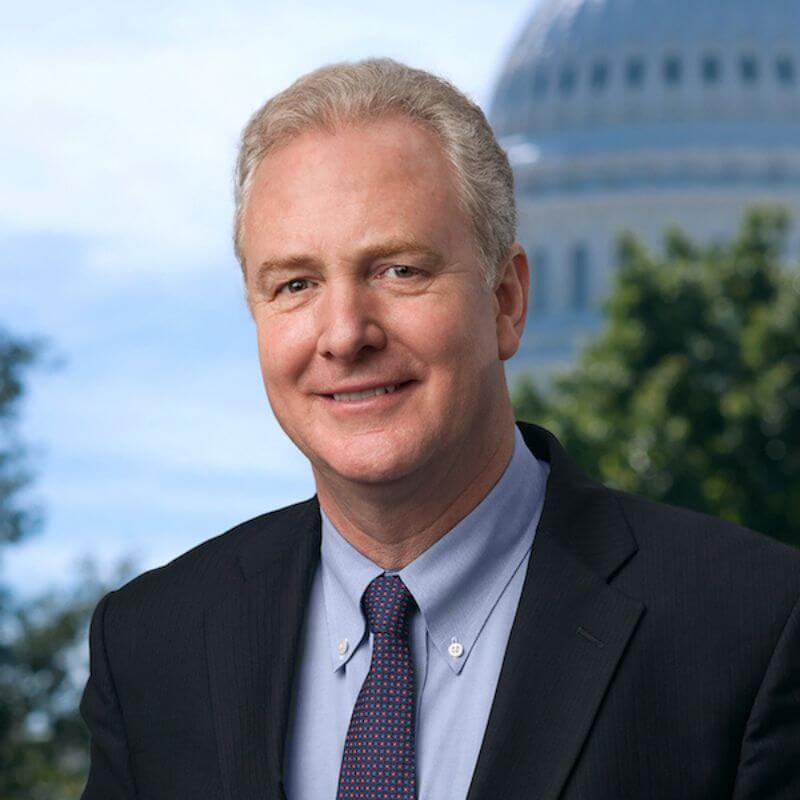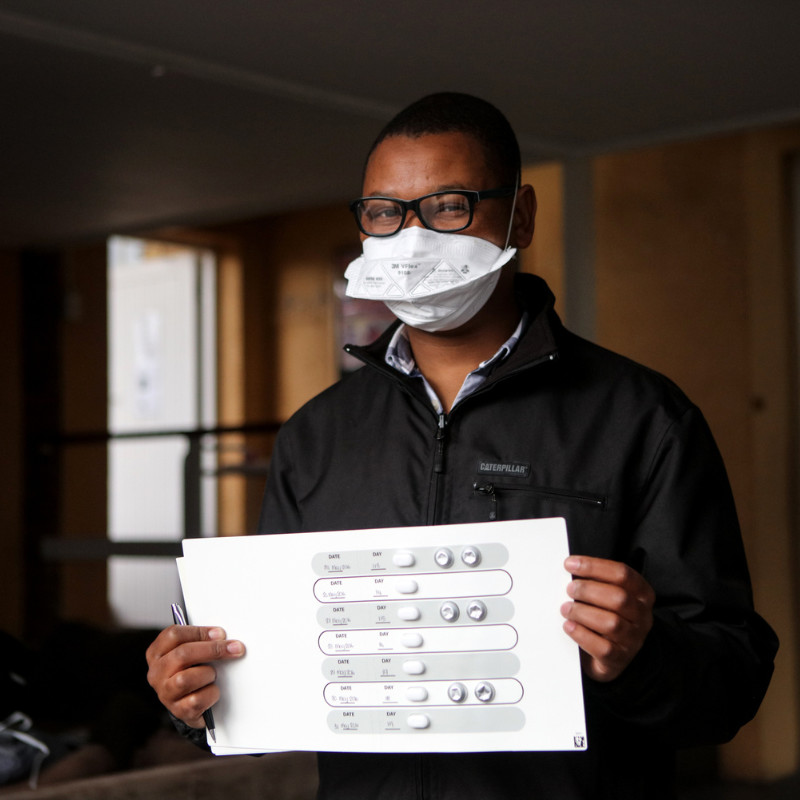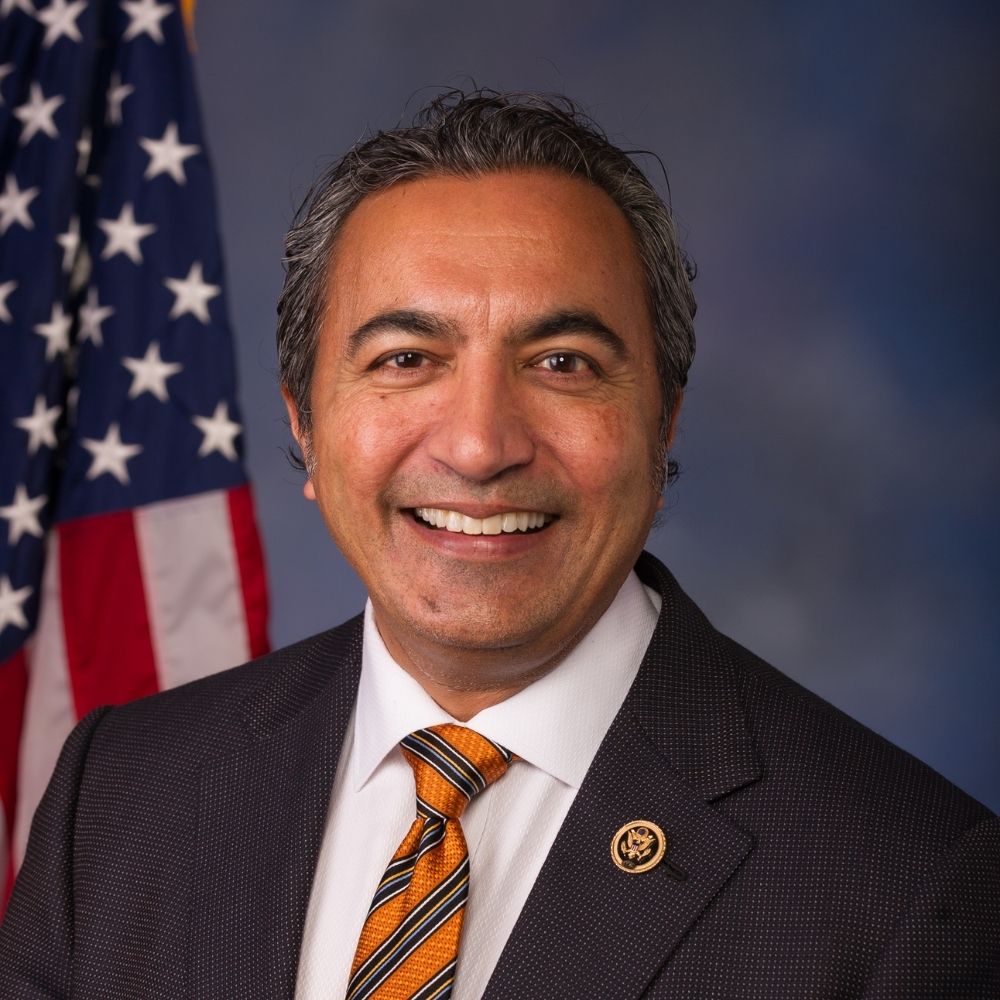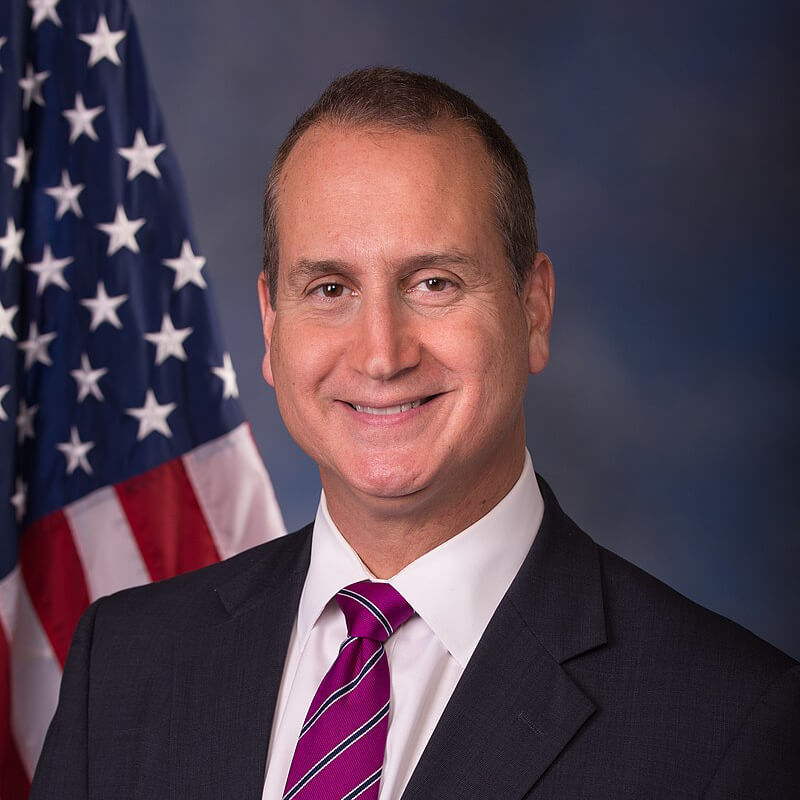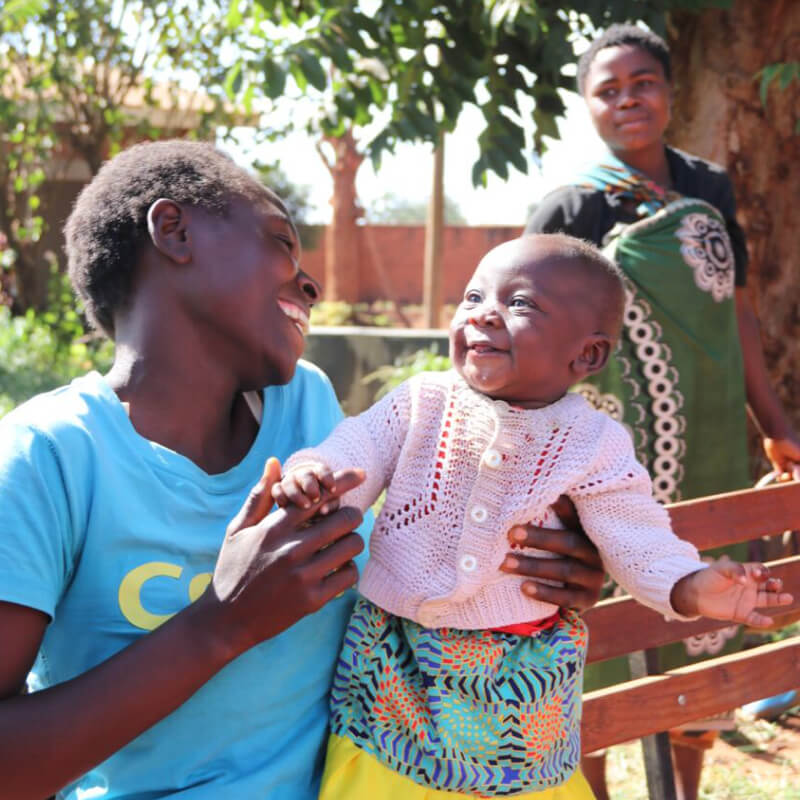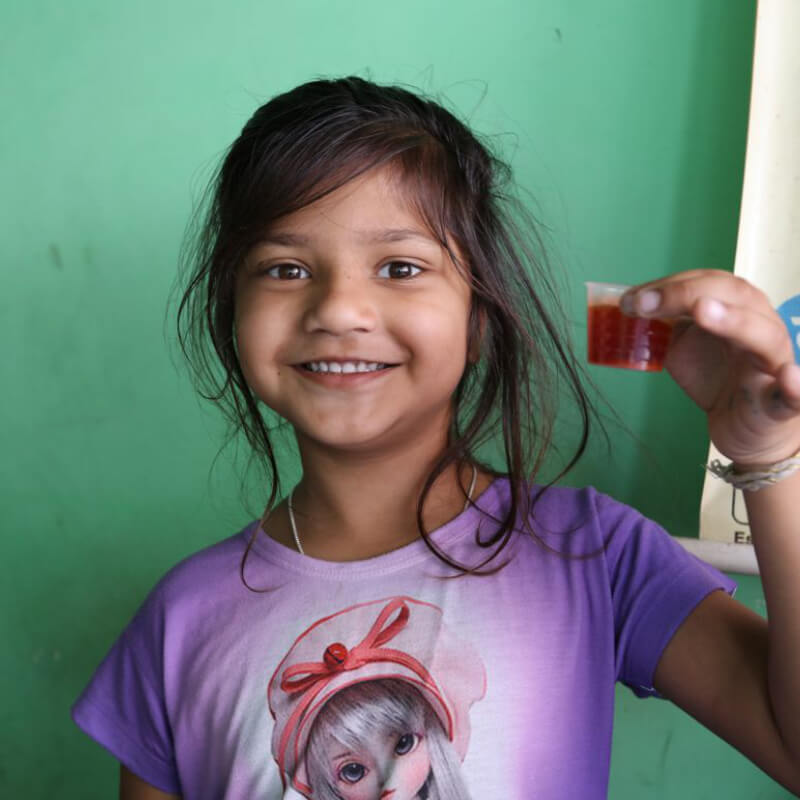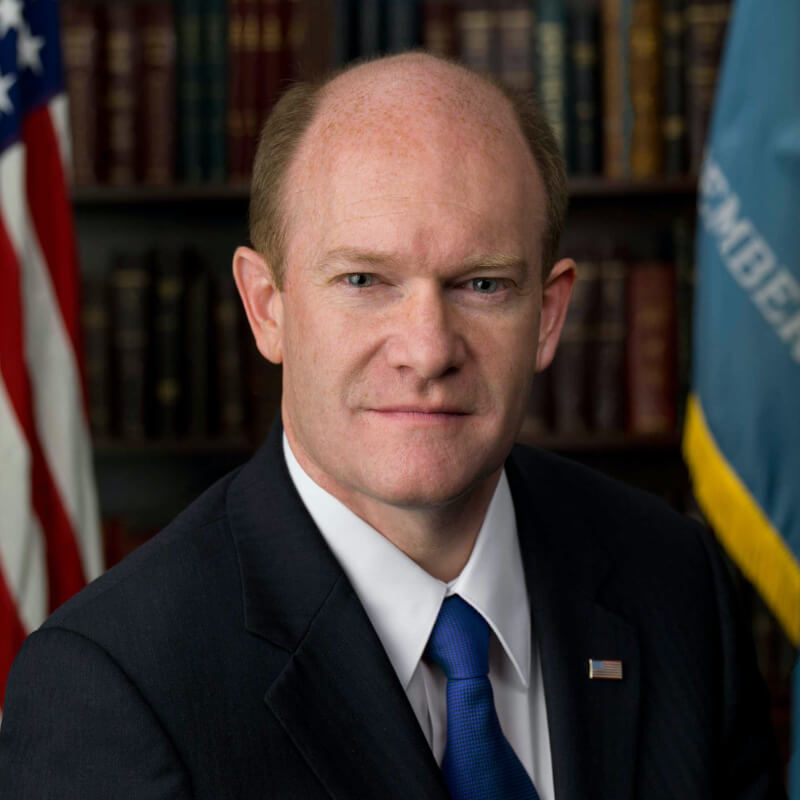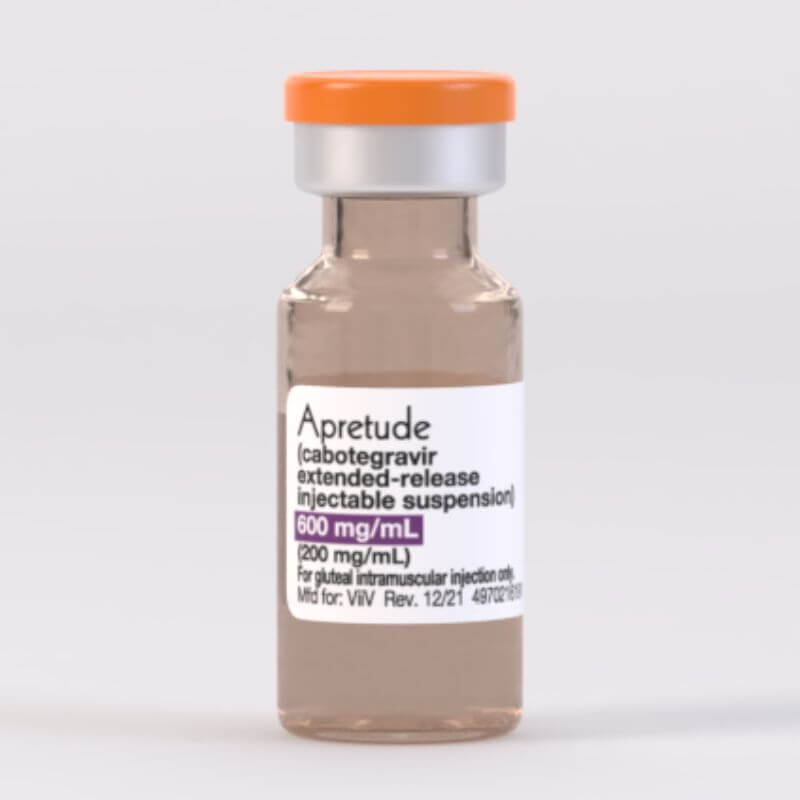
Honoring ViiV Healthcare, in partnership with the US National Institutes of Health (NIH); the Bill & Melinda Gates Foundation; the HIV Prevention Trials Network; Medicines Patent Pool; the President’s Emergency Plan for AIDS Relief (PEPFAR); the US Agency for International Development; the Global Fund to Fight AIDS, Tuberculosis and Malaria; the Coalition to Accelerate Access to Long-Acting PrEP, and community stakeholders, and with special thanks to all the researchers and participants involved in the clinical trials.
More than 1.5 million people become newly infected with HIV each year, most of whom live in low- and middle-income countries (LMICs). While the introduction of oral pre-exposure prophylaxis (PrEP) has helped drive significant declines in HIV infections globally, challenges with adherence and stigma have limited its impact in certain populations, including adolescent girls and young women. Thankfully, those at risk are now gaining access to a groundbreaking new prevention option: cabotegravir long-acting (CAB-LA) for PrEP. As a discreet solution that reduces the frequency with which people must take HIV medicine from daily pills to as few as six injections per year, CAB-LA can help more people adhere to PrEP and reduce infections, particularly among at-risk women and girls.
Developed by ViiV Healthcare, with support from NIH and the Gates Foundation, and first approved in the United States in late 2021, CAB-LA for PrEP is now being rolled out in resource-limited countries through a series of unique public-private partnerships. This includes projects funded by PEPFAR to support countries in implementing and scaling up CAB-LA, as well as an agreement with the Medicines Patent Pool to enable generic manufacturing of the product for use in LMICs. The development and introduction of CAB-LA for PrEP is a game-changing moment in the AIDS epidemic, not only because of the product’s potential to transform global HIV prevention efforts but also because it represents a paradigm shift in global access. Key partners have come together with urgency to radically compress the timeline between when people in wealthy and poor countries typically gain access to a new drug so that everyone, everywhere, can benefit from this breakthrough.

New HIV prevention agents that address the many needs of all individuals at risk for acquiring HIV are essential pillars of our strategy to end the HIV epidemic…this innovative new injectable option administered once every two months will expand the way we approach HIV prevention.
Dr. Myron Cohen
Co-Principal Investigator, HIV Prevention Trials Network



